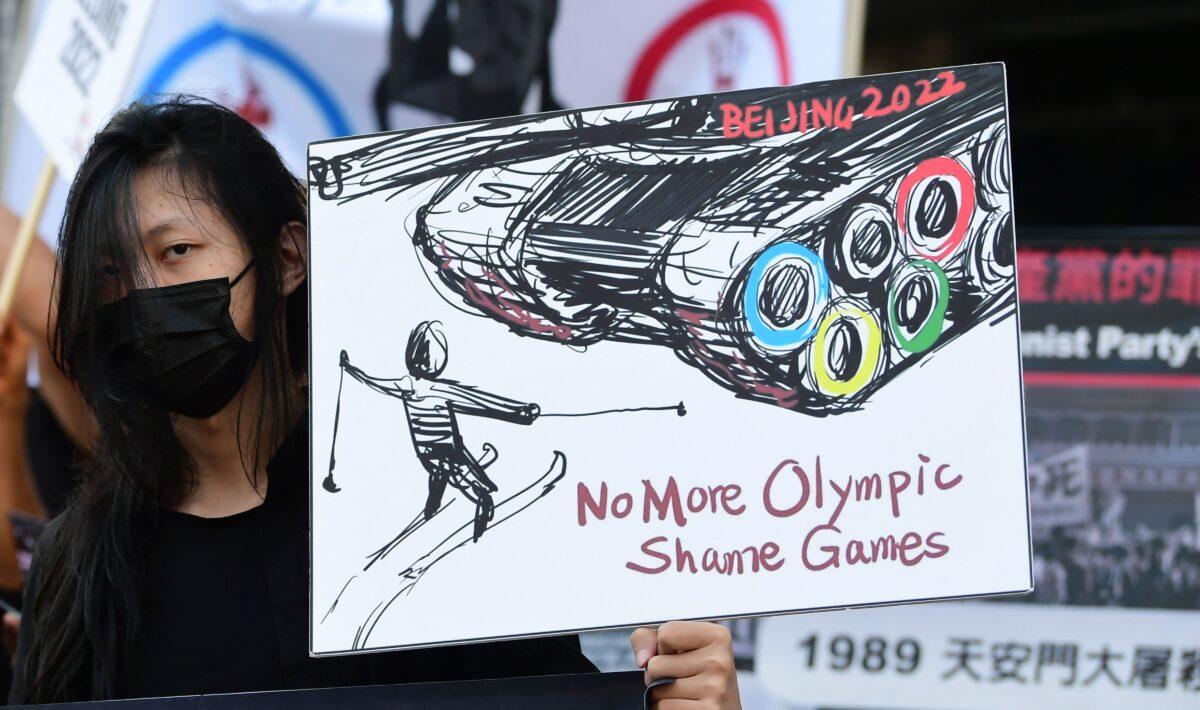U.S. lawmakers call on the world to focus on those Chinese people locked up for “merely exercising their most basic freedoms” leading up to the Beijing 2022 Winter Olympics.
“We announce an effort to focus attention not on the facade, but on real people who are not able to celebrate the Olympic spirit, because they are unjustly imprisoned by the government hosting the Games,” said Sen. Jeff Merkley (D-Ore.) and Rep. James McGovern (D-Mass.), who lead the Congressional-Executive Commission on China (CECC), on Dec. 2.
“The Chinese government has stained the Olympics,” said McGovern. “It’s essential we remember that behind the shiny facade are human beings.”
Jailed Journalists
On Friday, the first case posted under the hashtag #OlympicPrisoner is Huang Qi, a two-time Reporters Without Borders Press Freedom Prize laureate who is serving a 12-year sentence in Sichuan province.Huang founded the website “64 Tianwang,” a news website blocked in China that documents the human rights abuses and protests in the country.
Huang was charged with “leaking state secrets” and “providing state secrets to foreign entities” before he was sent into prison in 2019.
CECC said they will share imprisoned journalists and citizen journalists first, given Beijing’s “already disputed promise to allow free and unrestricted media access during the 2022 Olympics.”
“A Mistake”
The campaign to highlight political prisoners comes amid growing calls to boycott or relocate the Beijing 2022 Winter Games over human rights concerns.
“We believe it’s a mistake for the IOC to hold these games in China at a time when the Chinese government continues to commit genocide, strip Hong Kong’s autonomy, squeeze Journalists, free-thinkers, and civil society throughout mainland China and bully its critics globally,” said McGovern.
The chairs of the CECC said they had called on the IOC to move or have a widespread boycott of the 2022 games and sponsors not to be silent on human rights.
“They refused,” said Jeff Merkley.
“And the world now awaits Olympic Games with echoes of the 1936 Olympics in Berlin, another time the prestige of the Olympics was used as a propaganda weapon by a regime trampling human dignity,” he added.
While no country has said its athletes will boycott, lawmakers around the world are calling for a diplomatic boycott, which entails countries’ leaders refusing to attend the events.
On Friday, Lithuania announced a diplomatic boycott of the 2022 Winter Olympic games, confirming no officials would be sent to attend the games.




